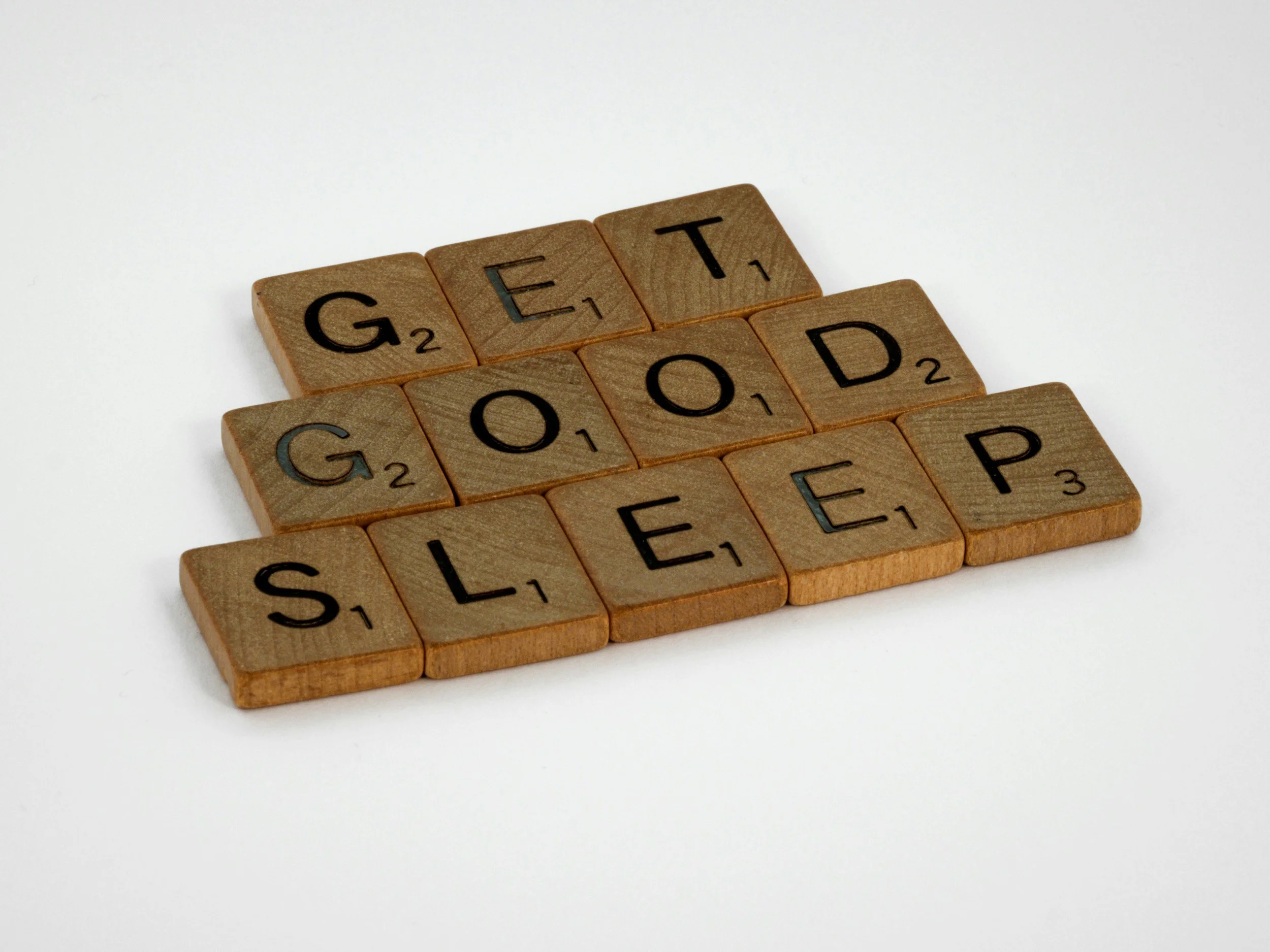Why Cortisol Matters for Deep, Restorative Sleep
If you’ve ever woken up in the middle of the night and couldn’t fall back asleep, your cortisol rhythm may be off. Cortisol — the “stress hormone” — isn’t the problem. In fact, you need it to wake up energized, stay focused, and keep your metabolism steady. The problem comes when the rhythm is disrupted or you’re running on too much cortisol.
What is Cortisol Rhythm?
Cortisol naturally follows a 24-hour circadian rhythm designed to help you wake refreshed, feel energized through the day, and wind down at night.
Morning: Rises within 30–45 minutes of waking → energy, clarity, and blood sugar balance.
Daytime: Slowly declines, keeping you alert but responsive to stress and meals.
Evening: Drops to its lowest → melatonin takes over → deep, restorative sleep.
When this pattern runs smoothly, you fall asleep easily and wake feeling refreshed. But modern life often disrupts this delicate balance.
High Nighttime Cortisol = Sleepless Nights
Too much cortisol at night can mean:
Restless sleep or frequent waking
Racing heart and mind
Anxiety, digestive discomfort, or feeling “wired but tired”
Nutrition & Cortisol Balance
I start with food because it’s something you can control right away. What you eat and when you eat it directly impacts your cortisol rhythm. Nutrition stabilizes blood sugar and helps lower evening cortisol.
Morning: Start with ~30g of protein (eggs, Greek yogurt, steak, or a smoothie). Add complex carbs and healthy fats.
Daytime: Balanced meals with protein, carbs, and fat + magnesium- and B-vitamin-rich foods.
Evening: Keep it light (fish, turkey, veggies). Avoid sugar, caffeine, and alcohol close to bed.
Beyond Food: Your Daily Rhythm Anchors
Nutrition sets the stage, but your environment and daily habits lock the rhythm in place.
Morning sunlight within 30 minutes of waking
Gentle evening wind-down (dim lights, herbal tea, breathwork, sound therapy)
Cool, calm, clutter-free bedroom for restorative sleep
Let’s Reset
If your cortisol has been off for months (or even years), recovery is possible with a phased approach:
Stabilize:
Consistent sleep/wake times
Balanced blood sugar with steady meals
Simple stress-reducing practices (meditation, breathwork)
Restore
Deepen sleep quality (dark, cool room)
Add restorative practices (yoga, journaling, sound healing)
Explore root causes (how’s your gut health, hormones, underlying trauma)
Maintain
Protect boundaries
Adjust with life’s seasons
Regularly check in with your sleep and stress levels
Final Thoughts
Your body was designed with a natural rhythm that needs balance. When cortisol works with you—not against you—you’ll sleep deeper, wake brighter, and move through your day with steady energy. Small daily shifts add up, and your sleep can transform faster than you think.
If you’ve been struggling with restless nights or suspect your cortisol rhythm is out of balance, you don’t have to figure it out alone.
Ready to reset your cortisol rhythm for better sleep? Book a free discovery session and let’s create a personalized plan that supports your body, mind, and rest.




